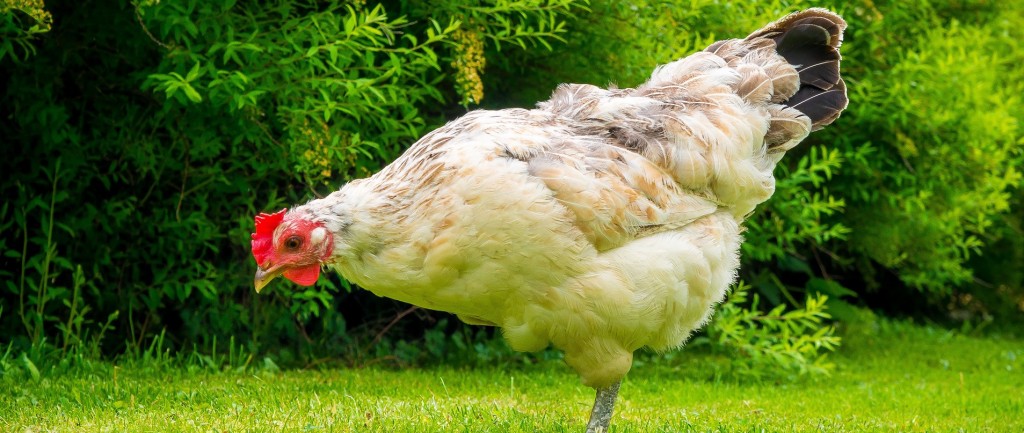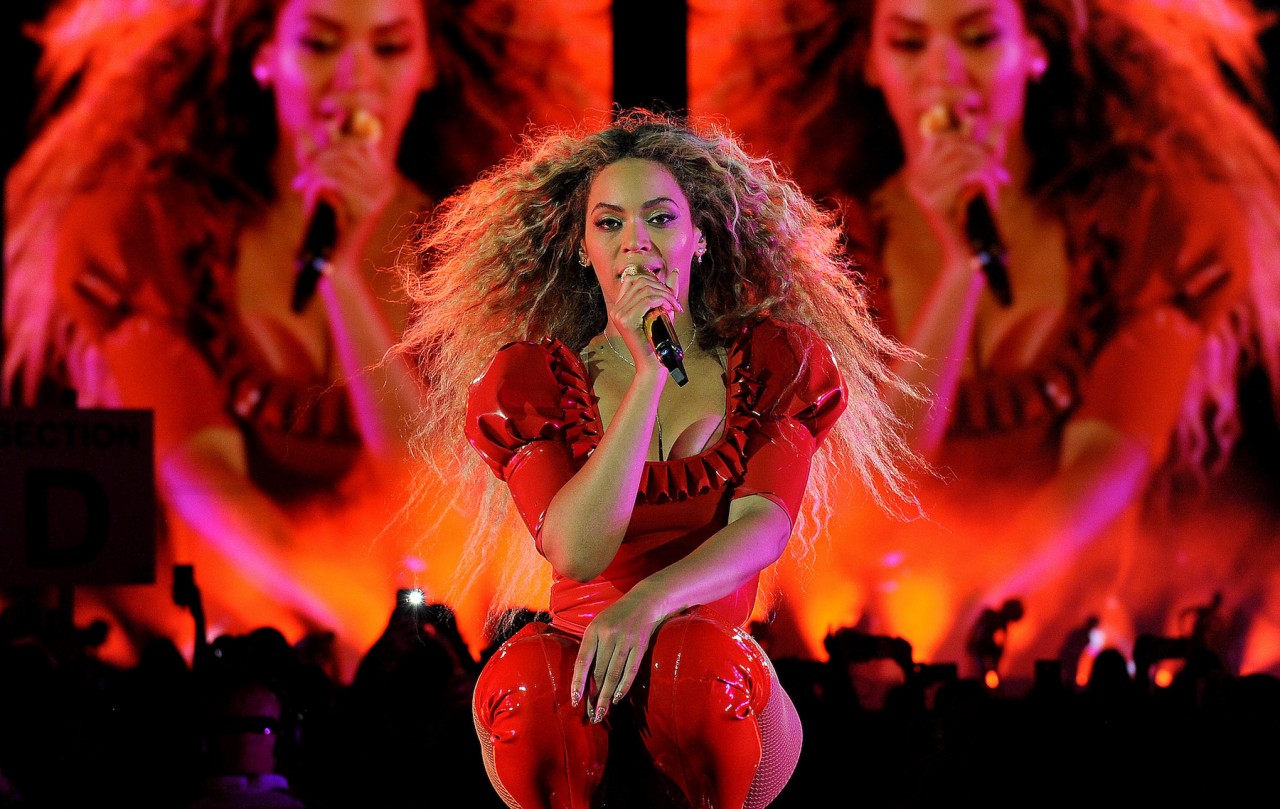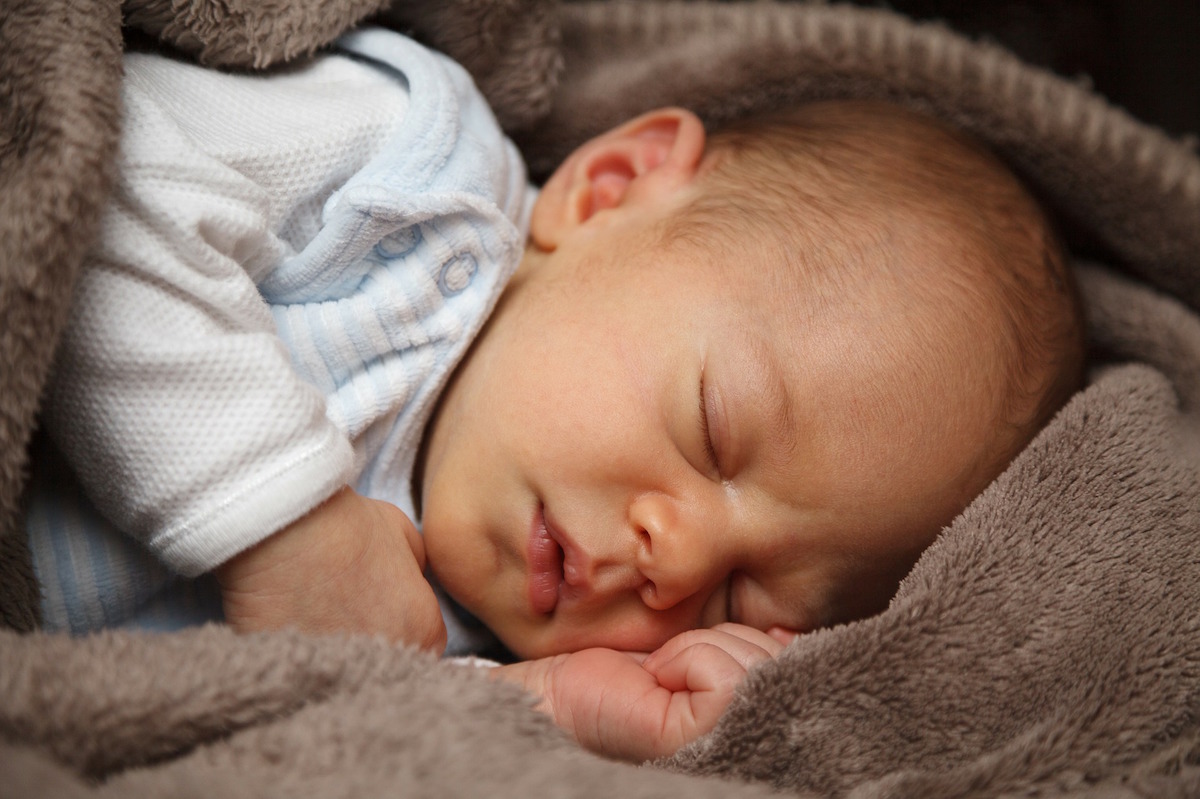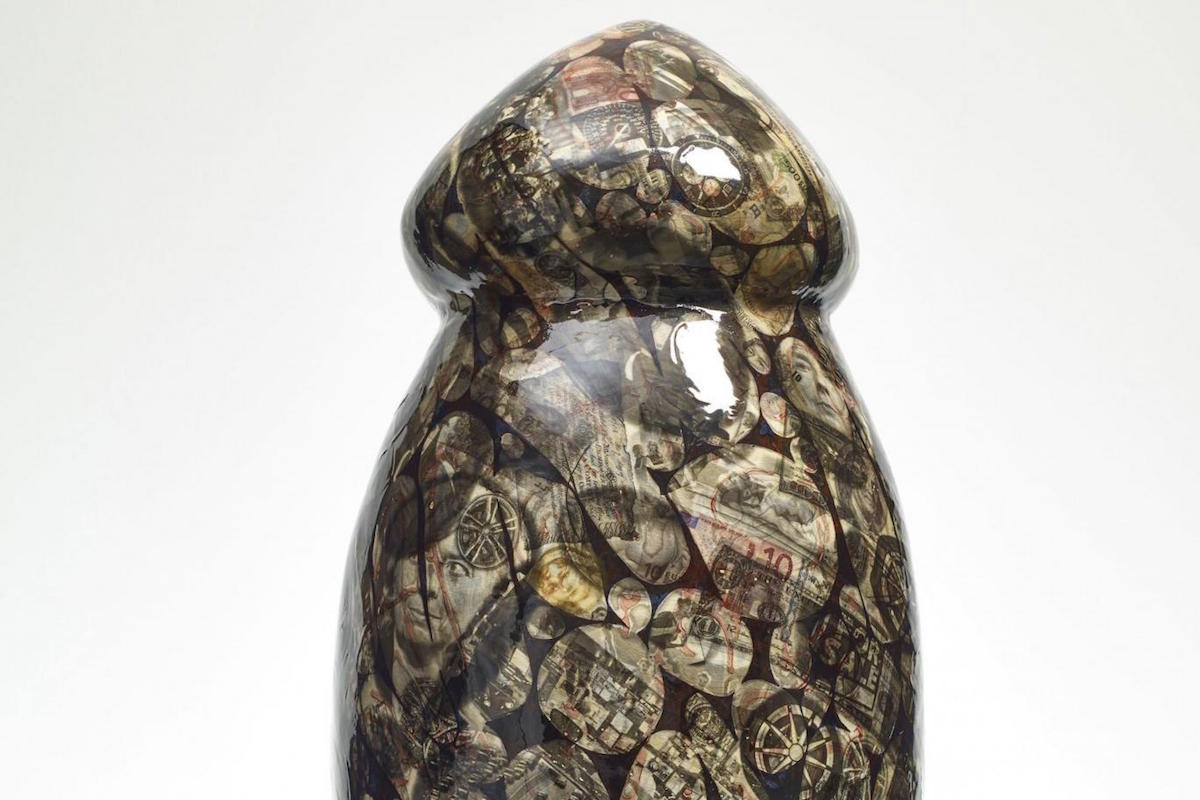
Chickens, chickens, more chickens, and Beyoncé – 14 to 20 May: What just happened?
Chickens will rule the world by 2030
One of the biggest restaurant chains in the US is facing calls to use less antibiotic-fed chicken and pay better wages to its staff. The fast food industry is the biggest US employer in low-paid work, and the chicken industry is seriously huge, so the choices they make about how to produce food and employ people have a pretty massive effect on the economy. So why do chickens rule? For one thing, they’re cheap to produce, there’s loads of suppliers, and pumping them with antibiotics makes them resistant to disease and particularly fat and juicy. The problem is, it’s not particularly sustainable, farmers themselves often get a raw deal (as brilliantly explained above by John Oliver), and it’s not particularly ethical in animal welfare terms. And about people’s wages: protesters are angry with the fact that many workers at Darden Restaurants (and McDonald’s, for that matter) are paid by pre-loaded debit card, rather than regular paycheck, saving the company $5 million a year but subjecting workers to fees from ATMs and retail outlets. Darden says it’s more convenient, but when people are struggling to make ends meet, every last cent counts.
What does Taiwan’s new president mean for its future relations with China?

Cat lover, academic, and long-time advocate of women’s rights, Tsai Ing-wen became Taiwan’s first female president today, in a ceremony involving folk dances, re-enacted executions, and a float dedicated to the student-led Sunflower Movement. People aren’t best pleased with the way the last government handled the economy: youth unemployment, stagnant wages, and closer and closer ties with China. The last point is particularly sensitive because a majority of Taiwanese people want to distance themselves from the mainland and become independent, which China won’t allow. Tsai is promising to "walk away from the time when our economy was reliant on a single country", boost jobs, and improve care for the elderly. Considering the fact that almost half of investment from abroad in Taiwan comes from China, as did 40% of last year’s tourists, it won’t be easy to distance the two economies. But for a lot of people, that doesn’t matter – it’s about pride and principle. As one micro-blogger put it: “Separatists would rather be America’s dog than be Chinese… We should be ruthless and make them feel pain, so they understand the situation.” That’s one way to approach diplomacy…
More chickens. Why are the US and China arguing over chicken feet?
The US has made a complaint about China to the World Trade Organization (WTO), saying China’s not playing by the rules, blocking US companies from its juicy chicken market. Yes, the world’s two biggest economies are seriously angry with each other over chicken. The Americans want a slice of this particular (chicken) pie, especially the huge demand for chicken feet, which are a delicacy in China - but China refuses to remove its tax on imports - called a - which technically it should do as a WTO member. A lot of Americans feel cheated by the way the Chinese are treated in the global economy, including (of course) Donald Trump: if elected, his plan is to impose massive taxes on Chinese goods coming into the US to get back some of the money America spends on foreign goods. The problem is, some economists think the Chinese will just charge more for their goods, so American consumers end up paying the price. Check out this explanation of how tariffs work, or if that's too much like hard work, perhaps just watch the video above of Donald Trump saying “China” a lot...
Is Beyoncé’s new clothing brand really made in sweatshops?

Beyoncé’s new sports clothing line Ivy Park is being made in “sweatshops” in Sri Lanka, according to British newspaper The Sun. Employees in the Sri Lankan clothing factory currently earn $6.17 a day and work 60 hours a week to make ends meet. Ivy Park – a joint venture between Beyonce and controversial retailer Sir Philip Green – have defended the arrangement. They say they check the factories regularly, and that employees are paid above minimum wage, which is $2.68 in Sri Lanka, meaning that Ivy Park workers earn more than double that. If wages weren’t so low, they’d probably relocate somewhere else: in a economy, companies tend to set up in the country with the lowest labor costs, creating jobs and (hopefully) boosting the standard of living. But does a wage this low let people live a decent life? Average rent for a 1-bed apartment is around $115 a month in Sri Lanka, meaning the average worker would have about $18 left to live on once their rent is paid. For a brand that says it’s "empowering women", campaigners think it’s hypocritical of the brand to treat workers – many of whom are women – like "slaves".
No children, no economy

The Italian health minister wants to increase the rate of child benefit to make people have more babies. Just 488,000 babies were born in Italy in 2015, some 66,000 less than five years ago. One Italian town recently welcomed its first baby in 28 years! The plan is to double child benefit for the lowest income families – currently $90 a month – to reverse the trend. But that might not work unless people start feeling more financially secure: unemployment rates are still high in the country, so people are hesitant about starting a family without a secure income. The same thing happened after the 2008 financial crisis - with billions in wealth and millions of jobs wiped out, birth rates tumbled around the world as couples delayed having children, fearful of their financial future. But it’s sometimes easy to forget that the economy is really only the people that make it, and without more people joining in to work, produce and consume, it can falter. In short, fewer babies means less economic growth.
Even more chickens. Can you imagine being paid in… yes, chickens?

Teachers in Uzbekistan are being paid in freshly hatched chickens because the school district in which they work is running so low on cash. And this isn’t the first time. One teacher explained how last year they were paid in “potatoes, carrots and pumpkins”. While authorities say the chicks are worth $2.50, the going rate is half of that in local markets. So, if they were to sell their chickens for income, they’d only get half the money owed to them. It turns out that banks in the country simply don’t have very much money, so employers just can’t get enough cash to pay their employees. Worse, the money they do have isn’t worth very much anyway, with the highest value note being worth around $1.73, and many lower value notes being virtually worthless. Last month a gang of bank robbers stole enough cash to fill 45 sacks. The total value of their haul: $2,600. Seems like whatever you do, teacher or thief, it’s currently pretty hard to make a living in Uzbekistan. That’s unless you’re a member the political elite, who seem to be doing OK.
In other news...
What next for Venezuela? Nicolás Maduro, the president of Venezuela, has declared a ‘state of emergency’ - a response to mounting economic and social troubles facing the country. With food shortages, soaring prices, looting, and large-scale protests taking place, US officials claimed this week that Venezuela was on the brink of collapse. It’s now seeking help in the form of huge loans from China, which has already lent around $50 billion over the last decade.
Google and God doing business. The Church of England was criticized this week for its continued multimillion pound investment Google, which it has previously condemned, along with other companies, for avoiding tax. The church lists Alphabet Inc (Google’s parent company) as one of its most valuable assets, despite its public statements over the principle of paying the right amount of tax. The church itself gets a pretty good deal on tax. He who casts the first stone and all that.
Why pay for sand when you can just pick it up for free? Beaches in Crimea are being targeted by people who remove sand for use as free building material. At some more remote beaches it's being taken away by the lorry-load! Turns out sand theft is a bit of a problem in Russia. Earlier this year a group of builders were charged with illegally removing more than $15.4m worth of sand near Moscow.
Shocking news for overspenders. Bank customers who spend too much money could soon get an electric shock to warn them they’ve gone into their overdraft, thanks to an invention from a British technology firm called Intelligent Environments. Apparently, a web-connected wristband linked to a person’s bank account would deliver the a shock when someone has exceeded their spending limit. Argh!!
Grayson’s Anatomy

The British artist Grayson Perry has revealed a new artwork inspired by his recent experience of the financial world: a giant sculpture of a penis covered in bank notes. He spent time with bankers and stockbrokers while making a TV documentary on the subject of masculinity. The work is supposed to reflect the idea that the world of high finance and business in general is still a very male-dominated place. He’s right: out of the top 100 UK-based companies, only seven are run by women. Perry’s work points to the existence of a masculine culture that he feels thrives on risk taking and power. And where many in this world claim they act rationally, he sees a world in which men act in non-rational ways, which can lead to things like the 2008 financial crisis. (We’ve talked about this before: check out this video on how bankers overestimate their own skill). He admits that this particular piece isn’t exactly subtle, but that he felt like he needed to state the obvious in a very clear way. We think you’ve certainly managed that Grayson!



